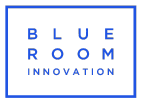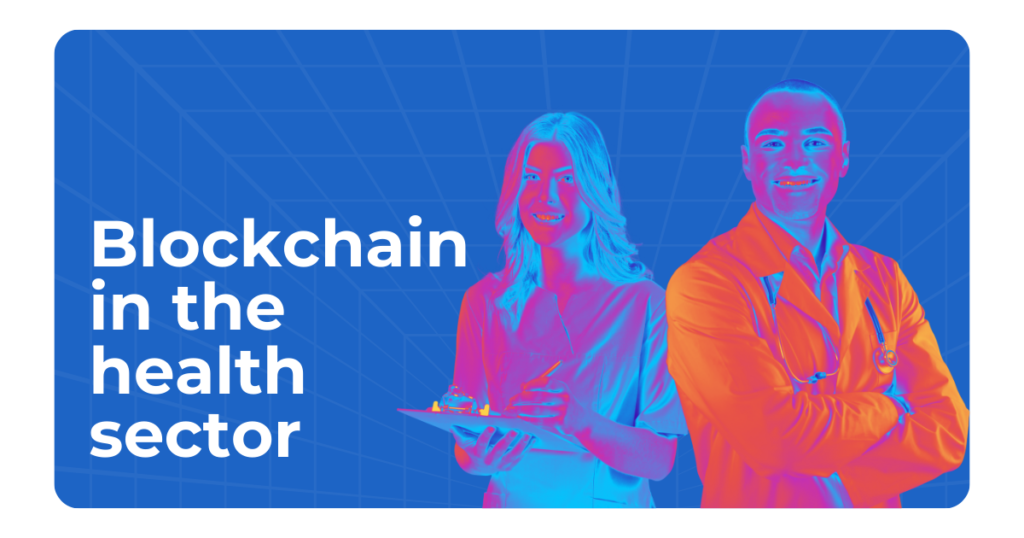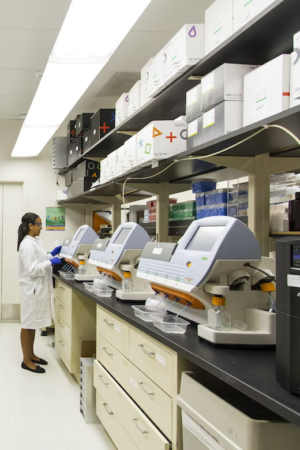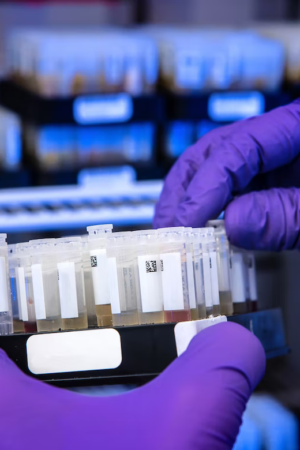

The use of blockchain in the health sector
The application of blockchain technology in the field of health began later than in other sectors. In the case of health, there are areas in which this technology can be applied, such as the exchange of information and digital data, the management of safe transport, the traceability and verification of medicines...
Many of these applications are already on the market and are having good results. Blockchain builds trust in citizens, garantiza seguridad en los medicamentos y confidencialidad de la información de los pacientes. These benefits cover some of the needs of the health sector.
What blockchain can bring to healthcare
At present, the health sector has some shortcomings which directly affect the public. The areas in which blockchain technology can bring its value and can generate a positive impact are:
Exchanges of information and digital data
Nowadays health information exchanges are often economically costly. In addition, the large number of electronic medical record systems that exist around the world (especially in the US) makes the whole process difficult. On the other hand, the records of patients in numerous systems means that both doctors and patients cannot access the complete history of these.
A blockchain network would allow easy access, safely and from any device, to patients' clinical data. In addition, data could be exchanged in a secure manner, guaranteeing the privacy of patients personal information. Thanks to this technology, more personalized treatments could be performed and duplication of services avoided.
Blockchain technology could solve the lack that exists due to the large number of services, and all the consequences that this entails.

Safe transport management, traceability and verification of medicinal products
Many medicines and vaccines due to their composition and regulation need to be transported under specific conditions. Blockchain technology would enable the verification of the temperatures to which products have been subjected throughout the supply chain. This would help doctors identify those medicament supplies that have not been kept at the right temperature, and therefore the effects of these would not be as expected.
On the other hand, a problem in many emerging countries in the health sector is the large number of counterfeit medicines on the market. According to WHO, 700,000 people die each year in connection with the counterfeiting of malarial and tuberculosis medicament. A blockchain network would help to know if a medicament is legitimate, once again this technology would bring safety and confidence to the buyer.

Use cases where blockchain is used in the health sector:
Different companies have focused on one of the most important current shortcomings within the health sector. The traceability and the miniaturization of medical supplies, both, temperature and certification of the authentication of these. One of these companies is Modum, which is building a hardware sensor and using blockchain to store sensor data securely.
Big companies are betting on blockchain technology, in the health sector one of the most relevant cases is the group of companies Pfizer and Genentech, which has bet on its project MediLedger. It uses this technology to track medicines so that information can be exchanged more easily. In this way, it is improving one of the current failures of the health sector, the large number of medical records.
In the United States, health spending exceeds $3 trillion a year, which is almost 20% of GDP. This leads many companies to seek innovative solutions to the sector’s shortcomings, and to focus on sites such as the US. or Europe, and not so much in less developed countries. Even so, companies like Factom, try to look for solutions for underdeveloped countries. This blockchain technology company has received two grants from the Bill and Melinda Gates Foundation, in order to carry out a project on medical records in countries with fewer resources.
Overview of the health sector and blockchain
It should be noted that the health sector and all that this entails is regulated by the government. Therefore, any system modification or implementation of blockchain technology must be adapted to the current regulation.
It is clear that the blockchain cannot solve all the problems that exist, but as these examples show, it can help in some of them. In the healthcare sector, blockchain can provide confidence and safety to doctors and patients.
Products
Digital Product Passport
Descentralized platforms
Descentralized Identity
Verificable Credentials
About us
Team
Methodology
Our Mission
Connect
Cristòfol Grober 4, local 35
17001 - Girona
info@blueroominnovation.com
Follow us
Copyright © 2024 Blue Room Innovation Privacy Policy - Legal Warning - Cookies Policy